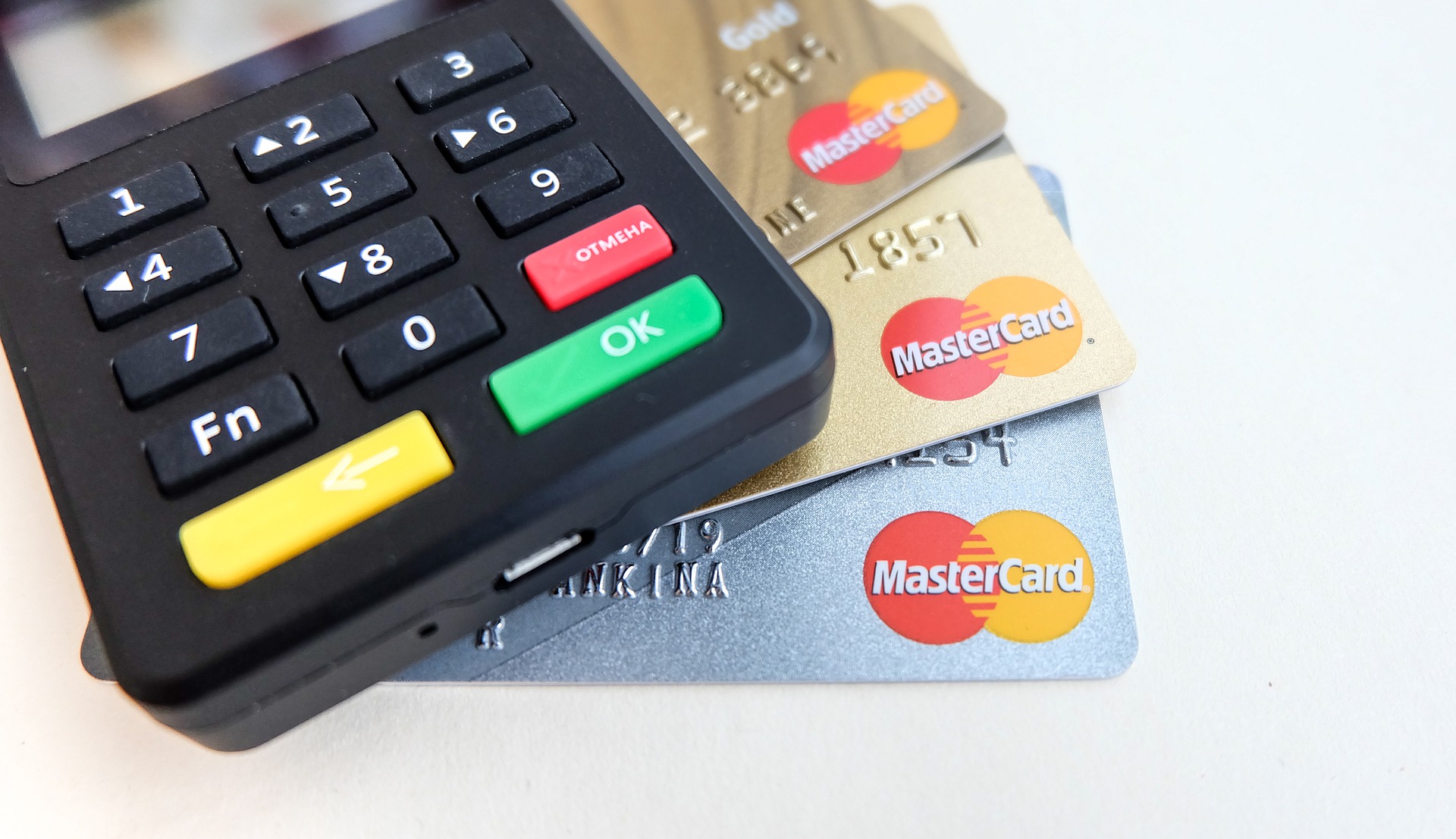
11 Nov Does my friend need to pay his dead wife’s credit card bill?
Photo: pixabay.comQ. I have a friend whose wife passed away in July. She had two credit cards with outstanding balances of $10,000. There is no money in the estate because she was a homemaker and he has a professional musician and has not worked since February. He is the executor. I don’t believe that he is a joint account holder, but he does have credit cards from the same company that he has never used. One of the companies has begun to bill him for her outstanding debt, listing his credit card number on this new bill. What can he do?
— Still working
A. We’re sorry to hear about your friend’s loss.
There are several important “ifs” here.
Generally, a surviving spouse is not responsible for the debt of the deceased spouse if the deceased spouse dies insolvent, meaning there are insufficient assets to pay his or her creditors, said Catherine Romania, an estate planning attorney with Witman Stadtmauer in Florham Park.
But there are exceptions.
As you mentioned, one exception is if the source of the debt, in this case the credit card, is in both of their names, or if one spouse guaranteed or co-signed for the other to obtain the credit, she said.
In that case, the surviving spouse would be responsible for all or part of the debt.
“Another exception is if the debt was incurred for necessities, such as medical bills,” Romania said. “Again, in that case, the surviving spouse would generally be responsible for the medical bills of the deceased spouse.”
She said it’s important to contact the credit card company to determine whether the deceased and surviving spouse had a joint credit card or whether there was a co-signer situation.
“It may also be important to consider what the deceased spouse used the credit card to purchase in order to create the debt,” she said. “The result of the investigation will determine the next steps to be taken with respect to contact with the credit card company.”
Be careful, however, Romania said, because any contact with the credit card company will probably be recorded and may be used as an admission in proceedings by the company to try to collect the debt at some point.
Email your questions to Ask@NJMoneyHelp.com.
This story was originally published on Nov. 11, 2020.
NJMoneyHelp.com presents certain general financial planning principles and advice, but should never be viewed as a substitute for obtaining advice from a personal professional advisor who understands your unique individual circumstances.

